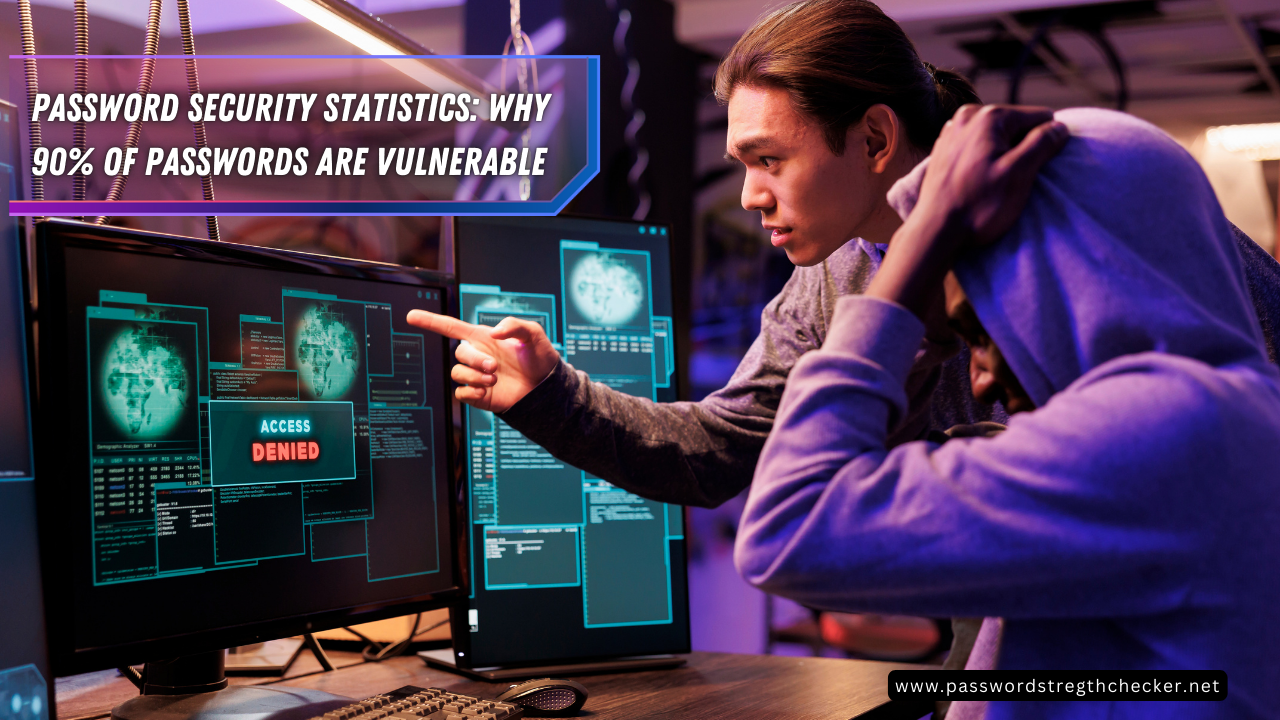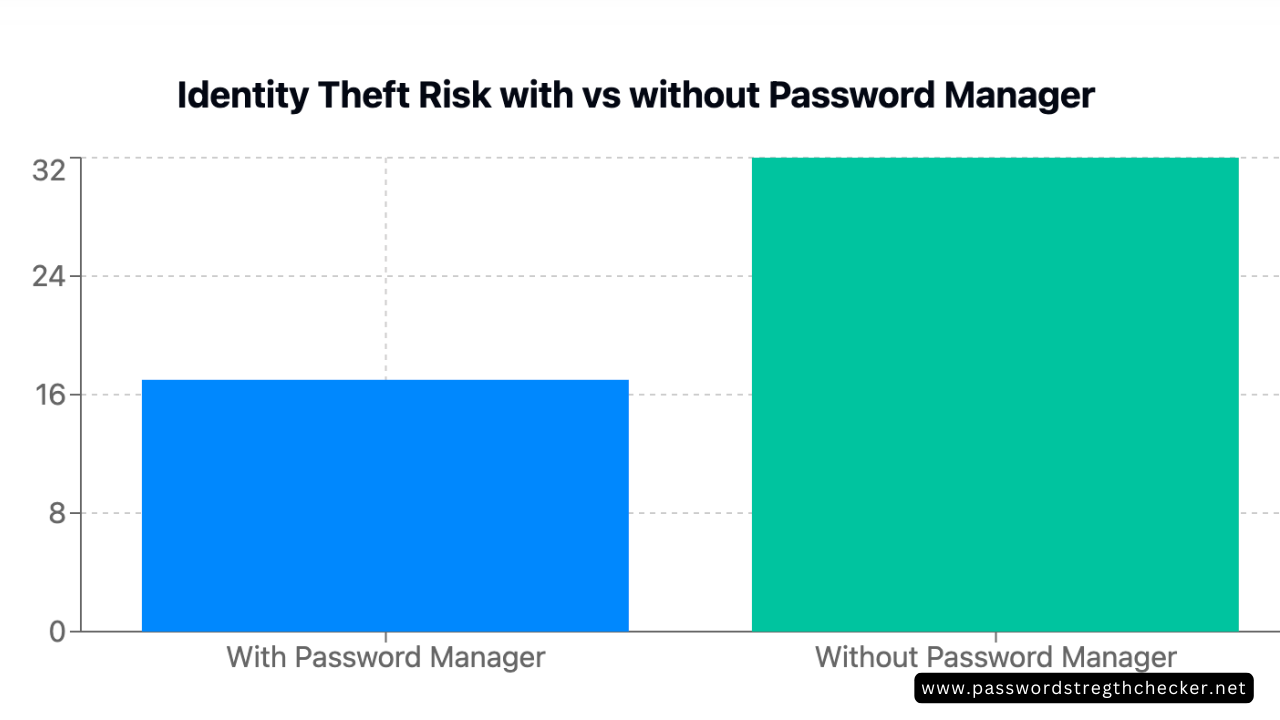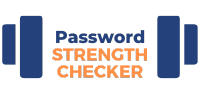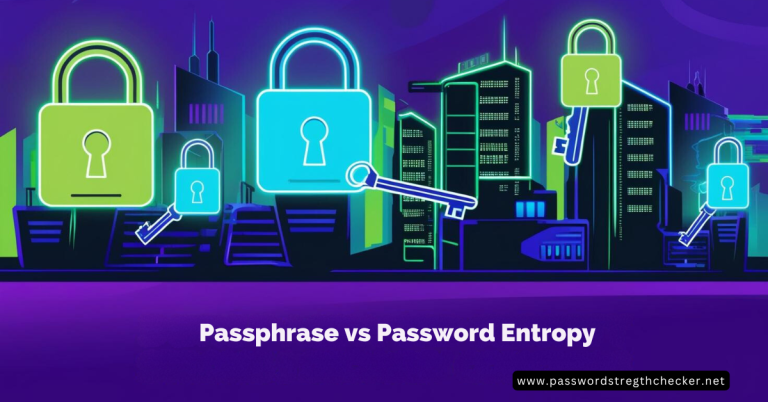Book Appointment Now

Password Security Statistics: 90% of Passwords Are at Risk
You know what keeps me up at night? The fact that most people’s passwords are about as secure as a paper lock on a bank vault. After spending years helping companies recover from data breaches, I’ve seen firsthand how devastating poor password security can be.
Let me share some eye-opening password security statistics that might just change how you think about your passwords.
The Current State of Password Security: It’s Worse Than You Think
Here’s a shocking reality: 80% of hacking incidents aren’t the result of sophisticated cyber attacks – they’re simply caused by stolen and reused passwords. Let that sink in for a moment. Even more concerning? Nearly half of Americans (46%) had their passwords stolen in the past year alone.
Think you don’t have that many passwords to worry about? Think again. The average internet user in 2024 manages around 170 personal passwords. That’s not a typo – 170! No wonder we’re struggling to keep them all secure.
Think You Have a Strong Password ? Test Your Password Strength Free
Most Common Password Vulnerabilities
The Password Reuse Problem
Remember when your mom told you not to put all your eggs in one basket? Well, 60% of people didn’t get that memo when it comes to passwords. They’re using the same passwords across multiple accounts. Even worse, 13% of folks are using identical passwords for everything they own online.
Let me put this in perspective: imagine using the same key for your house, car, office, and safe deposit box. Sounds crazy, right? Yet that’s exactly what people do with their digital lives, using the same password for an average of 4 different accounts.

Weak Password Choices That Make Hackers Smile
Want to hear something that makes security experts cry? The most common password in 2024 is still “123456”. Yes, really. It’s like leaving your house key under the welcome mat and putting up a sign telling everyone where to find it.
Here’s what’s really concerning: 59% of adults use predictable information like birthdays or names in their passwords. But here’s the kicker – 70% of these weak passwords can be cracked in under one second. One. Second.
Related: How Secure is Your Password? Test Your Password’s Strength Using Our Free Password Strength Checker

The Real Impact of Poor Password Security
Data Breaches: A Numbers Game
In 2022, over 24 billion passwords were exposed by hackers. That’s more than three passwords for every person on Earth. And here’s a statistic that should worry business owners: 81% of company data breaches are traced back to poor passwords.
Want to know how often hackers are trying to break in? There’s a hacking attempt somewhere in the world every 39 seconds. By the time you finish reading this paragraph, multiple attacks will have occurred.
Personal Information Theft: What’s Really at Stake
When your password gets cracked, it’s not just your login that’s compromised. In 77% of hacked accounts, personal information gets stolen. Here’s what thieves are most commonly grabbing:
- Names and phone numbers (38-39%)
- Personal addresses (34%)
- Credit card information (25%)
Solutions and Best Practices: There’s Hope
Password Managers: Your Digital Security Guard
Finally, some good news: 36% of American adults have started using password managers. And it’s making a difference – users with password managers are nearly 50% less likely to experience identity theft (17% versus 32% for non-users).

This growing awareness is reflected in the market – the password manager industry is expected to reach $7 billion in revenue. People are finally taking password security seriously.
The Future is Passwordless
Here’s where things get interesting: 87% of companies are moving toward passwordless authentication. Why? Because 56% of users prefer biometric authentication (think fingerprints and face scans), and the technology is becoming more reliable.
The passwordless technology market is projected to hit $53 billion, showing just how seriously businesses are taking this shift.
Recommendations for Better Password Security
Until passwordless authentication becomes the norm, here’s what you need to do:
- Length is Strength
- Use at least 12 characters for every password
- Longer passwords take exponentially longer to crack
- Uniqueness Matters
- Create different passwords for each account
- No exceptions, not even for “unimportant” accounts
- Regular Updates
- Change passwords every 90 days
- Immediately change any password after a service reports a breach
- Two-Factor Authentication
- Enable it everywhere it’s offered
- Use an authenticator app instead of SMS when possible
The Bottom Line
These statistics paint a clear picture: most of us are far more vulnerable than we realize. But here’s the good news – you don’t have to be part of these statistics. Start with one account today. Change that password, make it strong, make it unique. Then do another tomorrow. Your future self will thank you.
Remember: Every strong password is like a digital bodyguard protecting your online life. Make them count.



